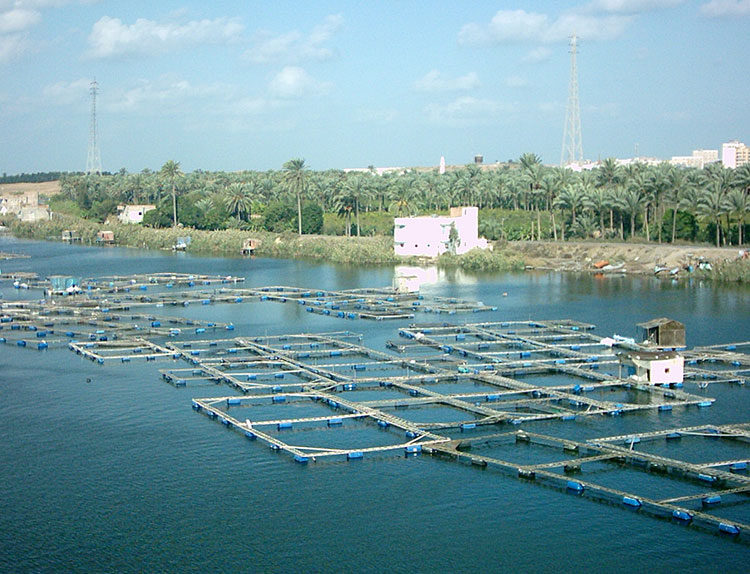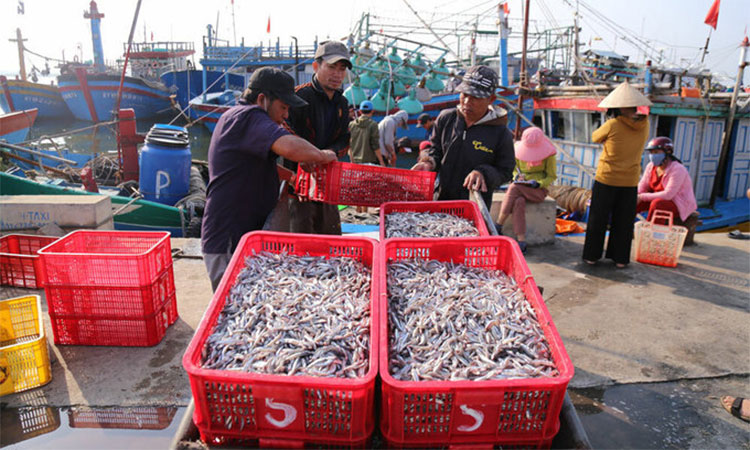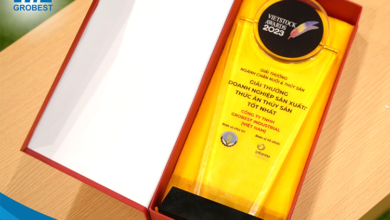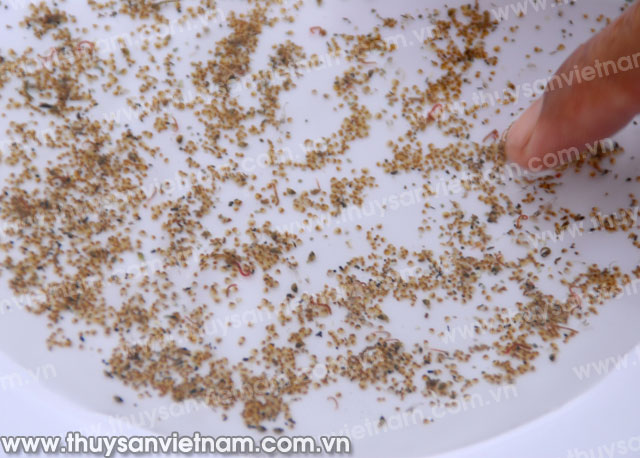Empowering Consumers with Verifiable Information on Seafood Sustainability
Introducing VeriFish: A Horizon Europe Initiative for Smarter, Transparent Seafood Choices
In a world of increasing environmental concerns and complex food supply chains, making informed decisions about seafood consumption is anything but simple. The Horizon Europe-funded project VeriFish is addressing this challenge by developing a framework of verifiable sustainability indicators that make it easier for consumers, retailers, and producers to evaluate the environmental, nutritional, and social impacts of seafood products.
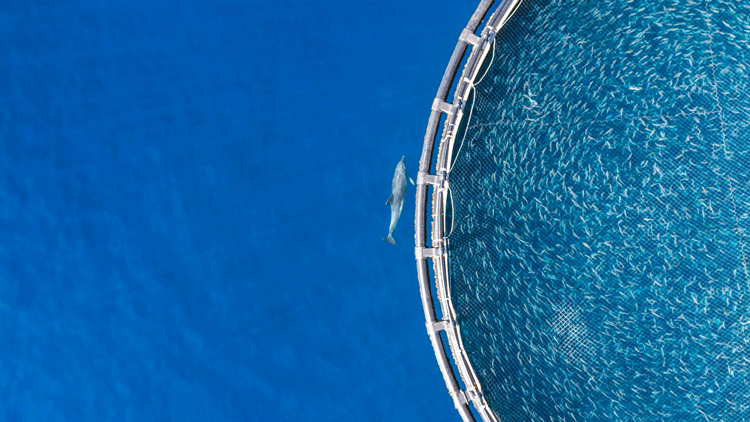
Seafood plays a critical role in both planetary and human health, yet the sustainability credentials of many products remain difficult to verify, and trustworthy information is scattered or inconsistent. VeriFish is creating tools that consolidate reliable data into accessible formats, helping shift the market toward responsible production and consumption.
Running from May 2024 to April 2026, VeriFish unites 10 European partners with deep expertise in fisheries science, nutrition, sustainability policy, communication, and data integration. Together, they aim to make seafood sustainability transparent, traceable, and actionable—from catch or farm to consumer.
Making Informed Seafood Choices Is Not Straightforward
Seafood is an essential part of a healthy and sustainable diet. Rich in high-quality proteins, essential micronutrients, and—especially in oily species—beneficial omega-3 fatty acids, it offers clear advantages over other animal-based protein sources. Yet despite these benefits, seafood consumption in Europe remains below recommended levels, often due to confusion about its health value, environmental impact, and origins.
At the same time, promoting seafood without addressing its sustainability challenges is not a viable solution. Fisheries and aquaculture face significant environmental and social issues—from overfishing and illegal catches to habitat degradation, bycatch, and disease management. While aquaculture holds great promise for feeding a growing global population, its potential comes with risks, including the use of antibiotics, feed sustainability, and impacts on local ecosystems.
For consumers, understanding how their seafood is produced—and what the environmental, social, and health trade-offs are—is difficult. Information is often fragmented, inconsistent, or inaccessible. Labels and certification schemes can be costly, complex to interpret, or lack transparency, especially for smaller producers. As a result, both buyers and suppliers struggle to make evidence-based decisions aligned with sustainability goals.
To shift consumer behaviour and support responsible producers, clear, standardised, and verifiable indicators are needed. These must account for the diversity of seafood species, production methods, and sourcing practices, while remaining understandable to the public and usable by stakeholders throughout the value chain.
The VeriFish Solution: A Framework of Verifiable Indicators
The VeriFish project provides a pragmatic response to the challenge of communicating seafood sustainability in a clear, consistent, and scientifically grounded manner. Funded by the European Union under the Horizon Europe programme, VeriFish is developing a comprehensive indicator framework to assess and communicate the sustainability, nutritional quality, provenance, and potential health impacts of seafood products.
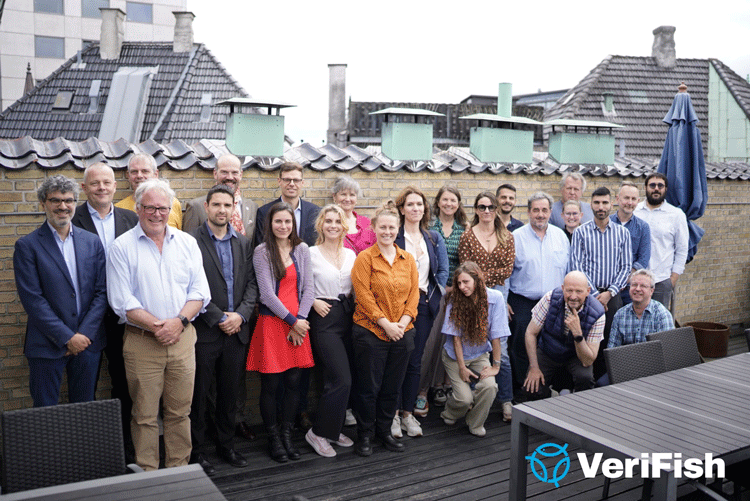
Rather than reinventing existing tools, VeriFish integrates already established, publicly available datasets and indicators. These are selected based on criteria such as measurability, transparency, scientific robustness, and alignment with regulatory and industry standards. Data sources include ICES, FAO, FishBase, SeaLifeBase, the Global Record of Stocks and Fisheries (GRSF), AquaGRIS, EuroFIR FoodEXplorer, and others. The indicators address environmental and social sustainability, nutrition, and traceability across both wild-caught and farmed seafood.
The structure of the framework is modelled on internationally recognised systems. For example, it aligns with the Ecosystem Approach to Fisheries (EAF) and uses the GRSF to determine the state of fish stocks. For aquaculture, where a global database equivalent to the GRSF does not yet exist, indicators are derived from sources like ISO 12875 and 12877, ASC and GlobalG.A.P standards, and FAO datasets.
By combining multiple dimensions of sustainability into a single, coherent framework, VeriFish enables all actors—from fishers to policy makers—to communicate product attributes more effectively and to guide consumers towards responsible seafood choices. Importantly, it ensures the framework remains adaptable to evolving data sources and stakeholder feedback throughout the project’s development.
Turning Data into Action: Tools and Visualisations
To ensure that the VeriFish framework is more than just a technical tool, the project is developing a suite of outputs that translate complex data into accessible, actionable formats for diverse audiences. At the core is a prototype web-based app, designed to deliver clear sustainability insights tailored to individual preferences and information needs.
The app will allow users—including consumers, chefs, retailers, and sustainability officers—to search for seafood products and access standardised factsheets presenting sustainability, nutritional, and provenance indicators. These factsheets will not only summarise performance based on EU-wide and international data sources but also explain how indicators are calculated, how often data are updated, and what the results mean in context.
In addition to descriptive tables and definitions, interactive visualisations—such as radar (spider) charts—will enable users to weigh different sustainability aspects based on their own priorities. For example, one user may prioritise low carbon footprint, while another may focus on social standards or stock health. VeriFish will support both approaches.
The underlying logic is simple: making informed decisions about seafood should not require specialist knowledge. Instead, the app will provide an intuitive, visual interface that supports users in understanding trade-offs, making value-based decisions, and ultimately contributing to a more sustainable seafood system.
To extend the reach of the framework, VeriFish is also developing a range of communication tools—from infographics to social media visuals, from explainer videos to educational games. These tools will complement the app and serve to raise awareness across generations and sectors.
Guidelines, Policy Contributions and the CWA
Beyond its technical and digital outputs, VeriFish aims to influence the way sustainability is communicated and operationalised across Europe’s seafood sector. To support this, the project is producing a set of practical guidelines and policy contributions to facilitate the use and interpretation of its indicator framework.
At the heart of this effort is the development of a CEN Workshop Agreement (CWA)—a pre-standardisation document that represents a European-level consensus on good practices. This CWA will consolidate key lessons from the project and offer actionable guidance for anyone seeking to design, implement, or evaluate campaigns promoting sustainable seafood consumption.
Unlike more prescriptive standards, the VeriFish CWA is intended to be adaptable and user-friendly. It provides recommendations for tailoring communication strategies to different types of consumers, seafood categories, and media formats. Whether the goal is to promote underutilised species, highlight nutritional benefits, or explain environmental impacts, the CWA gives structure to what is often a fragmented process.
The guidelines will be especially relevant for retailers, consumer organisations, fisheries cooperatives, policymakers, and educators—essentially anyone who plays a role in shaping seafood narratives. They also act as a stepping stone for future policy development at EU level, offering a common reference point that aligns sustainability communication efforts across member states.
Ultimately, the CWA and accompanying guidelines reinforce the project’s core ambition: to make seafood sustainability easier to understand, trust, and act on—whether at the supermarket, on a restaurant menu, or within national seafood policies.
Engaging Communities and Building Awareness
A core element of VeriFish is its commitment to inclusive engagement. Raising awareness about sustainable seafood requires more than information—it requires dialogue, collaboration, and shared ownership. This is why stakeholder engagement is embedded in the project’s DNA.
To facilitate this, VeriFish has launched its Community of Practice (CoP)—a multi-stakeholder forum designed to bring together fisheries professionals, retailers, NGOs, policymakers, data providers, and communication specialists. Members of the CoP are not passive recipients of information. Instead, they are invited to contribute actively: validating the framework, sharing datasets, providing feedback on the usability of tools, and ensuring that real-world perspectives shape the project’s outcomes.
The CoP is not limited to professionals. Through social media, interactive formats, and outreach campaigns, the project has also begun building a wider public-facing community. Campaigns such as “2 Questions, 6 Perspectives” offer insight from project experts in an accessible, human way. Challenges like the VeriFish Photo Competition, storytelling workshops, and educational games ensure that citizens, including younger generations, are not only reached but engaged meaningfully.
At the same time, VeriFish maintains a strong presence at events—from Seafood Expo Global and European Ocean Days to local co-creation workshops and academic conferences—bringing its messages to targeted and broad audiences alike. These activities are not only about visibility but about strengthening networks that will endure beyond the life of the project.
By combining technical innovation with participatory communication, VeriFish aims to build more than just tools. It is helping to build a culture of transparency and trust—one that empowers people to make sustainable seafood a shared priority.
Future Outlook and Call to Action
While VeriFish was initiated as a two-year Horizon Europe project, its long-term ambitions extend far beyond its initial scope. With the foundational framework nearing completion, the next phase involves testing, refinement, and scaling the solutions developed to ensure their relevance and usability across Europe’s highly diverse seafood landscape.
The indicator framework, once finalised and validated, will be made openly available for integration into digital tools, retailer platforms, certification schemes, and consumer-facing applications. This framework will also inform the development of a CEN Workshop Agreement (CWA)—a consensus-based European Good Practice guideline that may serve as a springboard for future ISO standardisation.
Alongside this technical work, VeriFish is expanding its Community of Practice, encouraging producers, supply chain actors, and policy experts to collaborate and co-create better ways to inform consumers. This growing community will help ensure that the solutions developed are both practically useful and widely adopted.
As the project heads toward its final year, several deliverables, campaigns, and events are on the horizon, including:
- A stakeholder-tested prototype of the VeriFish Web App;
- The publication and launch of the CWA;
- The release of media products including factsheets, short videos, and communication materials tailored for different target groups;
- A final project conference, which will showcase project outcomes and promote long-term adoption.
VeriFish invites everyone across the seafood value chain—fisheries managers, seafood companies, retailers, educators, and consumers—to become part of this movement. Join the Community of Practice, test the tools, help validate the indicators, and share your perspectives.
Together, we can move beyond fragmented claims and build a trusted foundation for transparent, sustainable seafood—so that every fish on every plate tells a story we can believe in. The VeriFish project is funded by the European Commission Horizon Europe programme, Grant agreement ID: 101156426 https://cordis.europa.eu/project/id/101156426
Ixai Salvo, Eurofish, ixai@eurofish.dk


